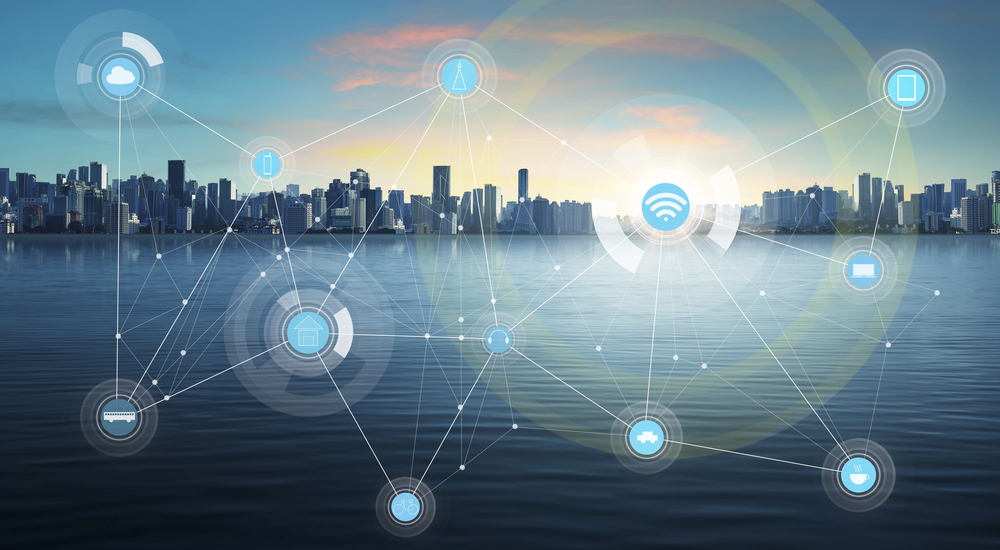By: Susan Shaheen, 16 August 2017
Generations of ecologists, urban planners, and engineers have undoubtedly been influenced by the events that shaped their lives. Today, we are confronted with an infrastructure and economic challenge of epic proportions. Across the globe, our cities suffer from poor air quality and worsening congestion that strangles our roads and highways; wastes time and diminishes the savings and expendable income of families; and adversely impacts quality of life.
In recent years, technological, economic, and environmental forces have quickly given rise to “Smart Cities” – a collective of municipal public and private partnerships leveraging information and communications technology (ICT) to more intelligently and efficiently use resources with the goals of achieving energy and taxpayer savings, improving service delivery and quality of life, and reducing adverse environmental impacts – all supporting innovation, government efficiency, and environmental sustainability. While precise definitions of smart cities may vary, smart cities frequently use ICT to manage an ecosystem of civic resources including: transportation systems, telecommunications, utilities, health and human services, public safety, and other community services. In both Europe and the United States, the transport sector accounts for approximately one quarter of greenhouse gas (GHG) emissions. The European Commission estimates that more than 70% of transportation GHG-related emissions come from roadway users.
To read the rest of the article, visit: https://www.move-forward.com/smart-cities-and-the-future-of-transportation/

